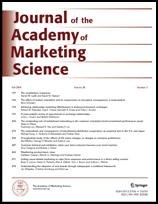

Bas Donkers
Biography
Bas Donkers is a professor of marketing research at the Erasmus School of Economics.
His research examines consumer decision-making from a behavioural perspective and relies on the use of advanced quantitative analyses as well as various advanced market research techniques to establish new and ground breaking insights in the field.
He has published articles in the leading journals in the field including the Journal of Marketing Research and Marketing Science.
Key publications

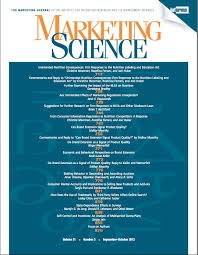
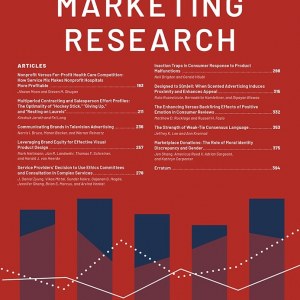
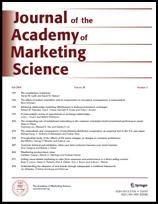
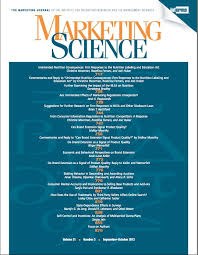
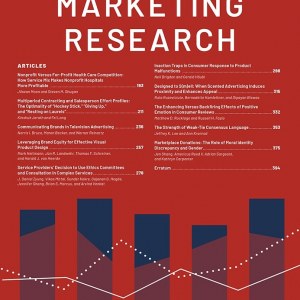
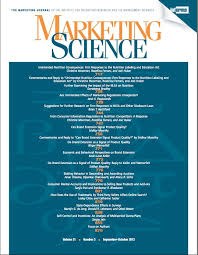
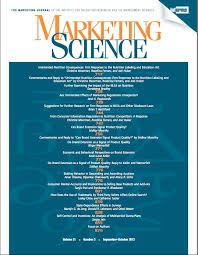
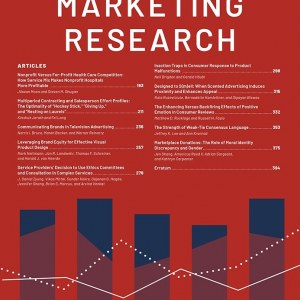
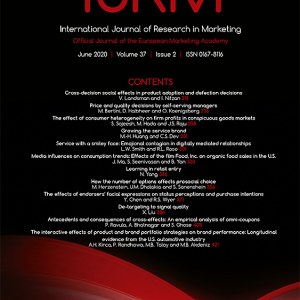
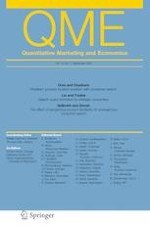
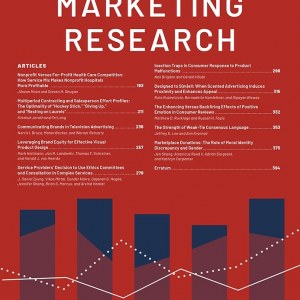
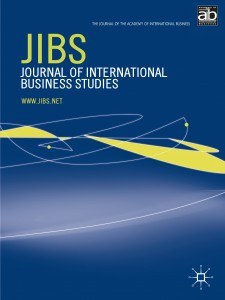
Publications
Jonker, MarcelF. and Donkers, B. (2023). Interaction Effects in Health State Valuation Studies: An Optimal Scaling Approach Value in Health, 26(4):554--566.
Huls, SamareP.I., Lancsar, E., Donkers, B. and Ride, J. (2022). Two for the price of one: If moving beyond traditional single-best discrete choice experiments, should we use best-worst, best-best or ranking for preference elicitation? Health Economics, 31(12):2630--2647.
Lim, S., Donkers, B., van Dijl, P. and Dellaert, B. (2021). Digital customization of consumer investments in multiple funds: virtual integration improves risk–return decisions Journal of the Academy of Marketing Science, 49(4):723--742.
Jacobs, B., Fok, D. and Donkers, B. (2021). Understanding Large-Scale Dynamic Purchase Behavior Marketing Science, 40(5):844--870.
Soekhai, V., Donkers, B., Levitan, B. and de Bekker-Grob, E.W. (2021). Case 2 best-worst scaling: For good or for bad but not for both Journal of Choice Modelling, 41:.
Donkers, B., Dellaert, B., Waisman, R. and Haubl, G.(. (2020). Preference Dynamics in Sequential Consumer Choice with Defaults Journal of Marketing Research, 57(6):1096--1112.
Veldwijk, J., Viberg Johansson, J., Donkers, B. and Grob, E. (2020). Mimicking Real-Life Decision Making in Health: Allowing Respondents Time to Think in a Discrete Choice Experiment Value in Health, 23(7):945--952.
Grob, E., Swait JR, J., Kassahun, H., Bliemer, M., Jonker, M., Veldwijk, J., Cong, K., Rose, J.(. and Donkers, B. (2019). Are Healthcare Choices Predictable? The Impact of Discrete Choice Experiment Designs and Models Value in Health, 22(9):1050--1062.
Jonker, M., Donkers, B., de Bekker - Grob, E. and Stolk, E. (2018). Attribute level overlap (and color coding) can reduce task complexity, improve choice consistency, and decrease the dropout rate in discrete choice experiments Health Economics, 28(3):350--363.
Tsekouras, D., Dellaert, B., Donkers, B. and Haubl, G.(. (2019). Product Set Granularity and Consumer Response to Recommendations Journal of the Academy of Marketing Science, 48(2):186--202.
Jonker, M., Donkers, B., de Bekker - Grob, E. and Stolk, E. (2018). Advocating a Paradigm Shift in Health-State Valuations: The Estimation of Time-Preference Corrected QALY Tariffs Value in Health, 21(8):993--1001.
Jonker, M., Donkers, B., de Bekker - Grob, E. and Stolk, E. (2018). Effect of Level Overlap and Color Coding on Attribute Non-attendance in Discrete Choice Experiments Value in Health, 21(7):767--771.
Lim, S., Jonker, M., Oppe, M., Donkers, B. and Stolk, E. (2018). Severity-Stratified Discrete Choice Experiment Designs for Health State Evaluations Pharmacoeconomics (Print), 36(11):1377--1389.
Jonker, M., Attema, A., Donkers, B., Stolk, E. and Versteegh, M. (2016). Are Health State Valuations from the General Public Biased? A Test of Health State Reference Dependency Using Self-assessed Health and an Efficient Discrete Choice Experiment Health Economics, 26(12):1534--1547.
Donkers, B., van Diepen, M. and Franses, P.H. (2017). Do charities get more when they ask more often? Evidence from a unique field experiment Journal of Behavioral and Experimental Economics, 66:58--65.
Jacobs, B., Donkers, B. and Fok, D. (2016). Model-based Purchase Predictions for Large Assortments Marketing Science, 35(3):389--404.
van Schie, R., Dellaert, B. and Donkers, B. (2015). Promoting Later Planned Retirement: Construal Level Intervention Impact Reverses with Age Journal of Economic Psychology, 50:124--131.
Goossens, L., Utens, C., Smeenk, F., Donkers, B., van Schayck, C. and Rutten - van Molken, M. (2014). Should I stay or should I go home? A latent class analysis of a discrete choice experiment on hospital-at-home. Value in Health, 17(5):588--596.
Dellaert, B., Donkers, B. and van Soest, A. (2012). Complexity Effects in Choice Experiment-Based Models Journal of Marketing Research, 49(3):424--434.
van Schie, R., Donkers, B. and Dellaert, B. (2012). Saving Adequacy Uncertainty: Driver or Obstacle for Retirement Decision Making? Journal of Economic Psychology, 33(4):882--896.
Almeida Camacho, N., Donkers, B. and Stremersch, S. (2011). Predictably Non-Bayesian: Quantifying Salience Effects in Physician Learning about Drug Quality Marketing Science, 30(2):305--320.
de Bekker - Grob, E., Hol, L., Donkers, B., Dam, L., Habbema, D., Leerdam, M., Kuipers, E., Bot, M. and Steyerberg, E. (2010). Labeled versus Unlabeled Discrete Choice Experiments in Health Economics: An Application to Colorectal Cancer Screening Value in Health, 13(2):315--323.
Haeubl, G., Dellaert, B. and Donkers, B. (2010). Tunnel Vision: Local Behavioral Influences on Consumer Decisions in Product Search Marketing Science, 29(3):438--455.
Li, Y., Donkers, B. and Melenberg, B. (2010). The econometric analysis of microscopic simulation models Quantitative Finance, 10(10):1187--1201.
Donkers, B., van Diepen, M. and Franses, P.H. (2009). Dynamic and Competitive Effects of Direct Mailings: A Charitable Giving Application Journal of Marketing Research, 46(1):120--133.
van Diepen, M., Donkers, B. and Franses, P.H. (2009). Does Irritation Induced by Charitable Direct Mailings Reduce Donations? International Journal of Research in Marketing, 26(3):180--188.
Donkers, B. and Schafgans, M. (2008). Estimation and Specification of Semiparametric Multiple Index Models Econometric Theory, 24(6):1584--1606.
Donkers, B., Verhoef, P. and de Jong, M. (2007). Modeling CLV: A test of competing models in the insurance industry Quantitative Marketing and Economics, 5(2):163--190.
Donkers, B., Paap, R., Jonker, J. and Franses, P.H. (2006). Deriving Target Selection Rules from Endogenously Selected Samples Journal of Applied Econometrics, 21(5):549--562.
Donkers, B., Franses, P.H. and Verhoef, P. (2003). Selective Sampling for Binary Choice Models Journal of Marketing Research, 40(4):492--497.
Verwaal, E. and Donkers, B. (2003). Customs-related transaction costs, firm size and international trade intensity Small Business Economics, 21(3):257--271.
Verwaal, E. and Donkers, B. (2002). Firm size and export intensity: solving a empirical puzzle Journal of International Business Studies, 33(3):603--613.
Donkers, B., Melenberg, B. and van Soest, A. (2001). Estimating risk attitudes using lotteries: a large sample approach Journal of Risk and Uncertainty, 22(2):165--195.
Das, M. and Donkers, B. (1999). How certain are Dutch households about future income? An empirical analysis The Review of Income and Wealth, 45:325--338.
Donkers, B. and van Soest, A. (1999). Subjective measure of household preferences and financial decision Journal of Economic Psychology, 20:613--642.